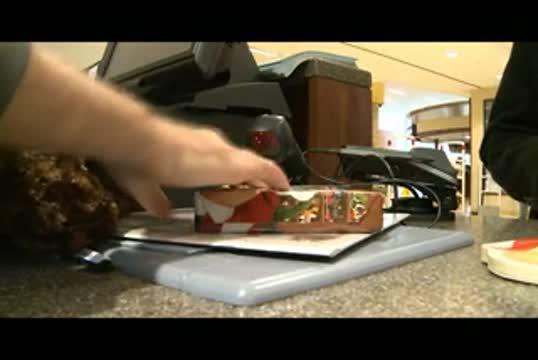When parents use material goods in these ways, their children, when grown, are on average more likely to believe that success in life is defined by the quality and number of material goods an individual owns or that acquiring certain products will make them more attractive. According to Richins, previous research has shown that adults who define themselves or others by their possessions are at a much higher risk for marital problems, gambling, financial debt and decreased well-being. Materialism also contributes to environmental degradation due to overconsumption and waste of goods.
"Loving parents tend to provide their children with material rewards," Richins said. "One explanation for the link between material rewards and later materialism is that children who receive these rewards are more likely than others to use possessions to define and enhance themselves, an essential element of materialism."
Other aspects of parenting also can have an effect on the development of an adult's attitude toward material goods. For example, the researchers also found that a relationship existed between parental rejection and materialism. Children who felt that their parents either did not have time for them or were disappointed in them were more likely to be materialistic. Additionally, adults who received both material rewards and material punishments as children are more likely to admire people with expensive possessions.

New research suggests that children who receive many material rewards from their parents will likely continue rewarding themselves with material goods when they are grown -- well into adulthood -- and this could be problematic.
(Photo Credit: Nathan Hurst/University of Missouri)
"It's OK to want to buy things for your children, but remember to encourage them to be grateful for all the people and things they have in their lives," Chaplin said. "Each time children express their gratitude, they become more aware of how fortunate they are, which paves the way for them to be more generous and less materialistic. Spend time with your children and model warmth, gratitude and generosity to help curb materialism."
In their study, Richins and Chaplin surveyed more than 700 adults. The researchers asked respondents to report on a variety of childhood circumstances, their relationship with their parents, and the rewards and punishments they received during three critical stages of childhood.

In a new study, Richins and her co-author found that parents who use material goods as part of their parenting techniques may be setting children up for difficulties in adulthood.
(Photo Credit: University of Missouri)

In a new study with MU professor Marsha Richins, Lan Chaplin, associate professor of marketing at the University of Illinois at Chicago College of Business Administration, found that three specific parenting strategies led to greater materialism.
(Photo Credit: University of Illinois at Chicago)
Source: University of Missouri-Columbia